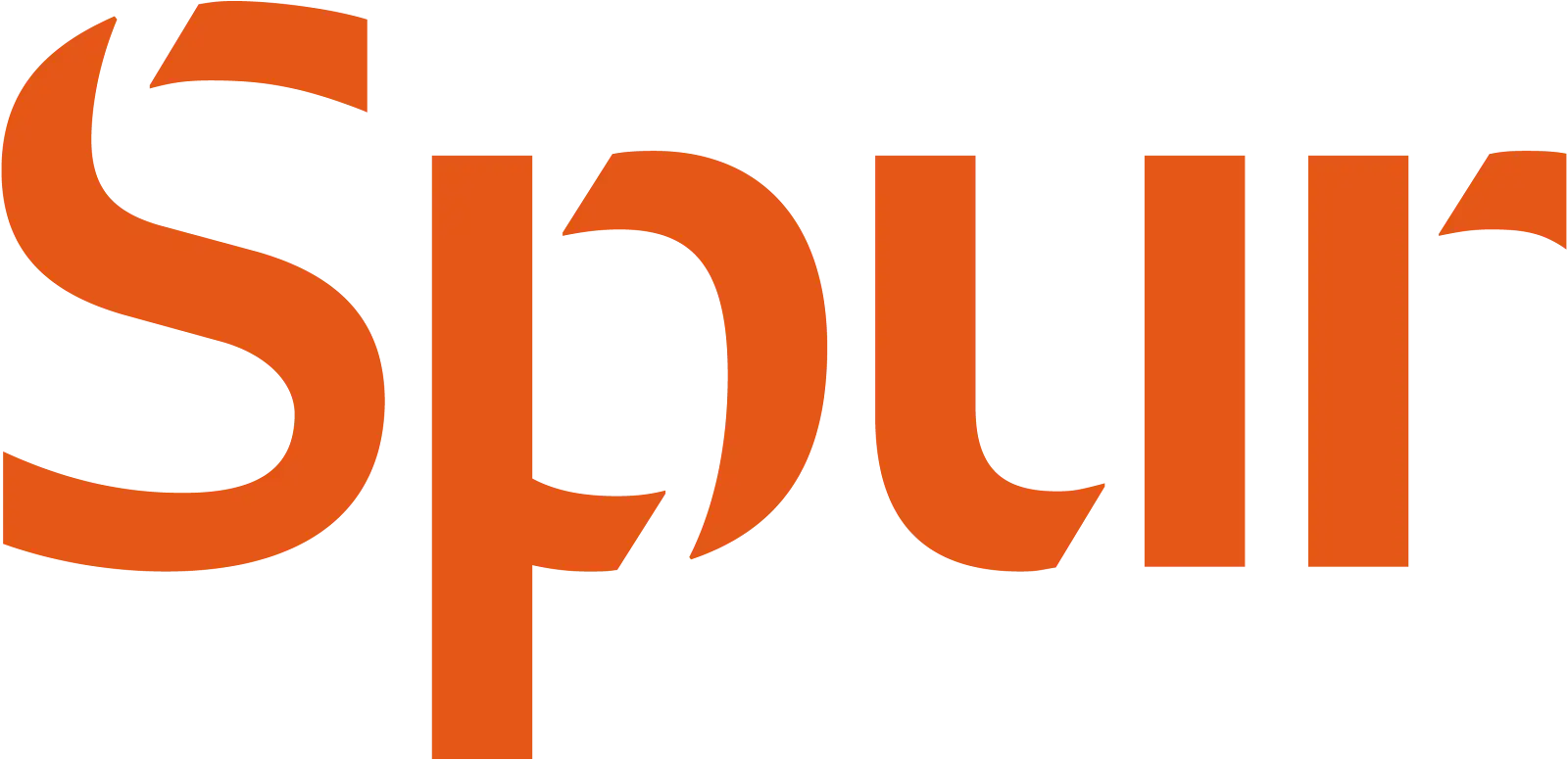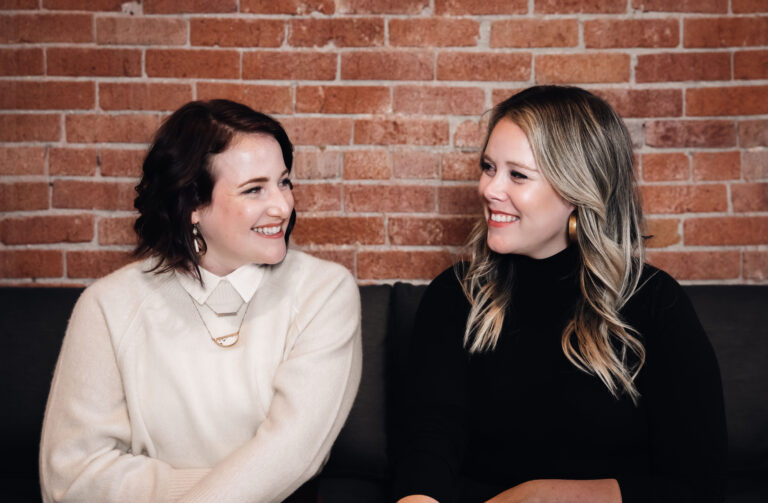note
This article discusses tragedies related to residential schools in Canada.
In the wake of the discovery of hundreds of unmarked graves at the Kamloops Indian Residential School, Canadians of settler descent are grappling with a combination of shock, anger, guilt.
Yet these feelings cannot compare to the pain of First Nations, Inuit and Metis, for whom this discovery was but one part of a generations-long trauma inflicted upon them, their children, and their communities. The process of working through this grief is active and ongoing.
This story illustrated how difficult it can be to choose the right words when we talk about the violence of Canada’s colonial past and present.
At Spur we are committed to building better conversations, especially with equity-deserving communities. It’s one small way we can advance reconciliation, every day.
learning through language
Part of reconciliation is learning how to decolonize language so that it is clear and anti-oppressive. The Indigenous Tourism Association of Canada created an excellent guide on how to better choose our words when writing about Indigenous Peoples. Spur received express permission to share the examples below.
- Do: Use present tense when writing about Indigenous Peoples. Say “they practice Ceremonies”, not “they practiced ceremonies”.
- Do not: Use language that strips Indigenous Peoples of agency. Avoid statements like “numbered treaties gave Canada’s First Nations reserves, education and health care”. Instead, write that “First Nations in Canada negotiated the numbered treaties to secure reserves, education and health care”.
- Do: Ask for permission. Seek approval before reprinting Oral Traditions and Traditional Knowledge, exactly as you would with written texts.
- Do not: Say “Canada’s First Nations”. Canada doesn’t own the First Nations, Métis or Inuit who live in what is now called Canada. Use “Indigenous Peoples in Canada” instead.
- Do: Use Indigenous Style over Canadian Press style. This includes capitalization of words including Aboriginal, Elder, Clan, Treaty Right, Longhouse and Traditional Knowledge.
- Do not: Write about First Nations as a homogenous group. The Indigenous population in Canada is made up of Inuit, Métis, and some 634 different First Nations. Always try to identify the name of the community or nation and if unknown, then use Indigenous group names, such as First Nation, Métis or Inuit.
More information on how to decolonize your language, as outlined by the Indigenous Tourism Association of Canada, can be found here (PDF download). If you are planning an event that will explore the intergenerational traumas inflicted against Indigenous Peoples, consider how you’ll approach facilitating these tough conversations effectively and compassionately.
taking further action
Senator Justice Murray Sinclair, who served as chairman of the Indian Residential Schools Truth and Reconciliation Commission has said, “Education got us into this mess and education will get us out of it.”
Learning begins with educating ourselves and our staff. It means getting used to discomfort and the fear of making mistakes. And when we mess up – which we will – learning means recognizing how to be better from it. Inaction for fear of doing the wrong thing is just a different way of upholding an oppressive system.
Taking the time to read and to continue to revisit the 94 calls to action from the Truth and Reconciliation Commission makes it easier to press for change in our places of work and community. Cindy Blackstock, director of the First Nations Child and Family Caring Society of Canada, stresses the critical role the Canadian public plays in the role of reconciliation, “as we move forward to build not only a more just world for First Nations kids, but to build a better future for Canada in the process.”
building better conversations
At Spur, we recognize that National Indigenous Peoples Day is a time to reflect on our community and to acknowledge the privilege of living and working on the unceded territories of the Coast Salish People. Across what’s now Metro Vancouver, that includes the Hwlitsum. Katzie, Kwantlen, Kwikwetlem, Matsqui, Qayqayt, Semiahmoo, Tsawwassen, and Tsleil-Waututh First Nations, the Squamish Nation and the Musqueam Indian Band. To us, truth and reconciliation in our work means striving to be better allies to Indigenous Peoples, by listening, learning, speaking up and taking small actions, every day.
resources
You can reach the National Residential School Crisis Line at 1-866-925-4419
call us in
Now’s the time to call us in. What does decolonizing language look like, to you? What anti-oppression resources have you used in your communication and engagement practice? What work are you doing to live reconciliation inside your organization? Let us know.



